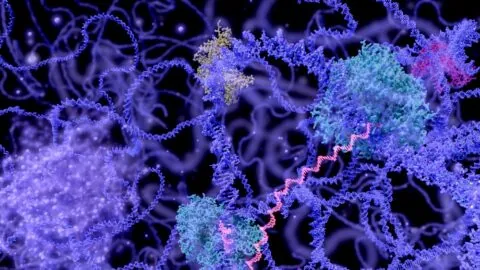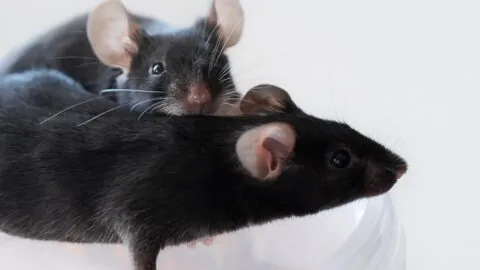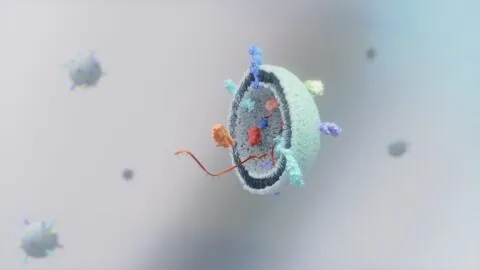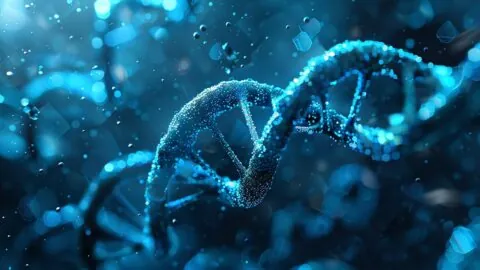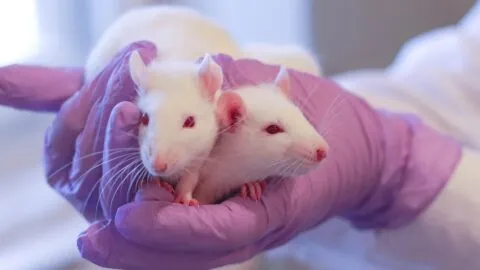August 28, 2025
In Aging Cell, researchers have reported that chromatin demethylation allows SASP compounds to be more easily expressed. Chromatin and gene expression Cellular SenescenceAs your body ages, more of your cells become senescent. Senescent cells do not divide or support the tissues of which they are part; instead, they emit potentially harmful chemical signals, collectively known...
July 30, 2025
A recent study investigated senescence in mouse and human skeletal muscle tissue. The authors demonstrated that the antiviral drug maraviroc reduces senescence and improves muscle health in aged mice [1]. Aging muscle tissue Senescent cells are one of the hallmarks of aging. One of their key characteristics is the presence of the senescence-associated secretory phenotype...
April 01, 2025
Working with flies, mice, and human cells, scientists have demonstrated that a highly conserved protein can modulate cellular senescence, potentially opening a new avenue for future therapies [1]. DNA damage and senescence Imagine what would happen if the computer code in the software we use daily began accumulating errors with time. A somewhat similar process...
March 20, 2025
Researchers publishing in Nature Communications have found that p53, a biomarker and inducer of senescence, suppresses both inflammation and DNA damage in senescent cells. Senescence against cancer Cellular SenescenceAs your body ages, more of your cells become senescent. Senescent cells do not divide or support the tissues of which they are part; instead, they emit...
October 31, 2024
In a rat experiment, researchers publishing in Aging Cell have found that senescent cells and SASP factors are key in regenerating knee cartilage. Not always negative Cellular senescence is widely known to have negative effects, to the point that it is one of the hallmarks of aging. In fact, rather than protecting cartilage, cellular senescence...
September 03, 2024
In a new study, a multi-prong treatment combined with a clever delivery method has shown promise against one of the deadliest cancers [1]. Lethal and barely treatable Pancreatic ductal adenocarcinoma (PDAC) is one of the deadliest types of cancer. It is rarely diagnosed early and very aggressive. It also responds poorly to treatment, primarily because...

